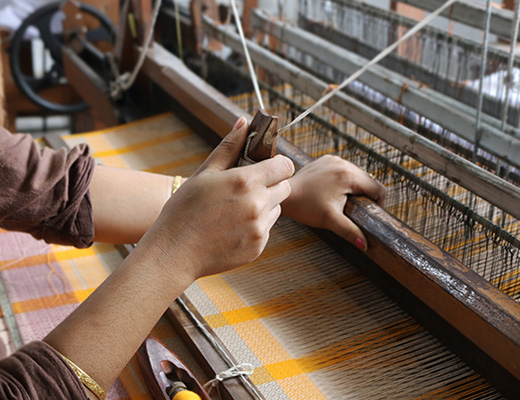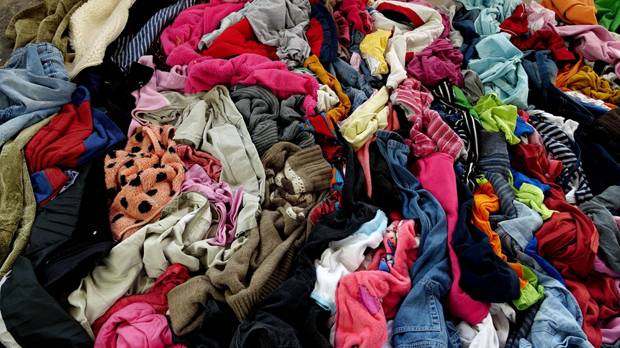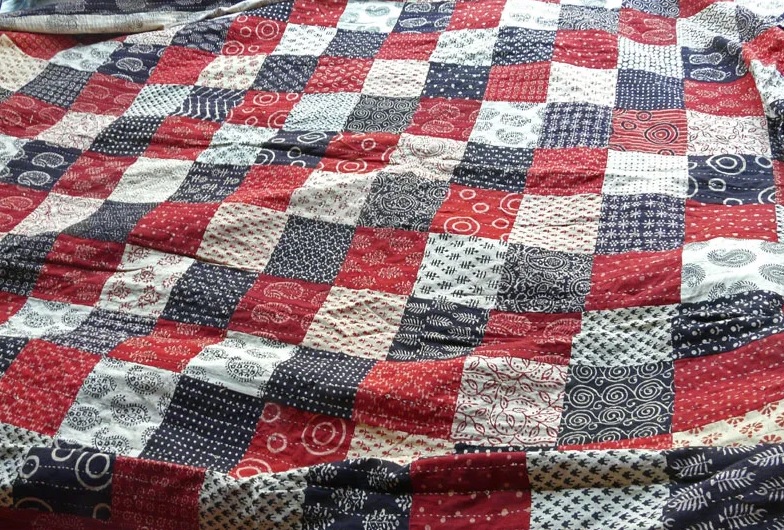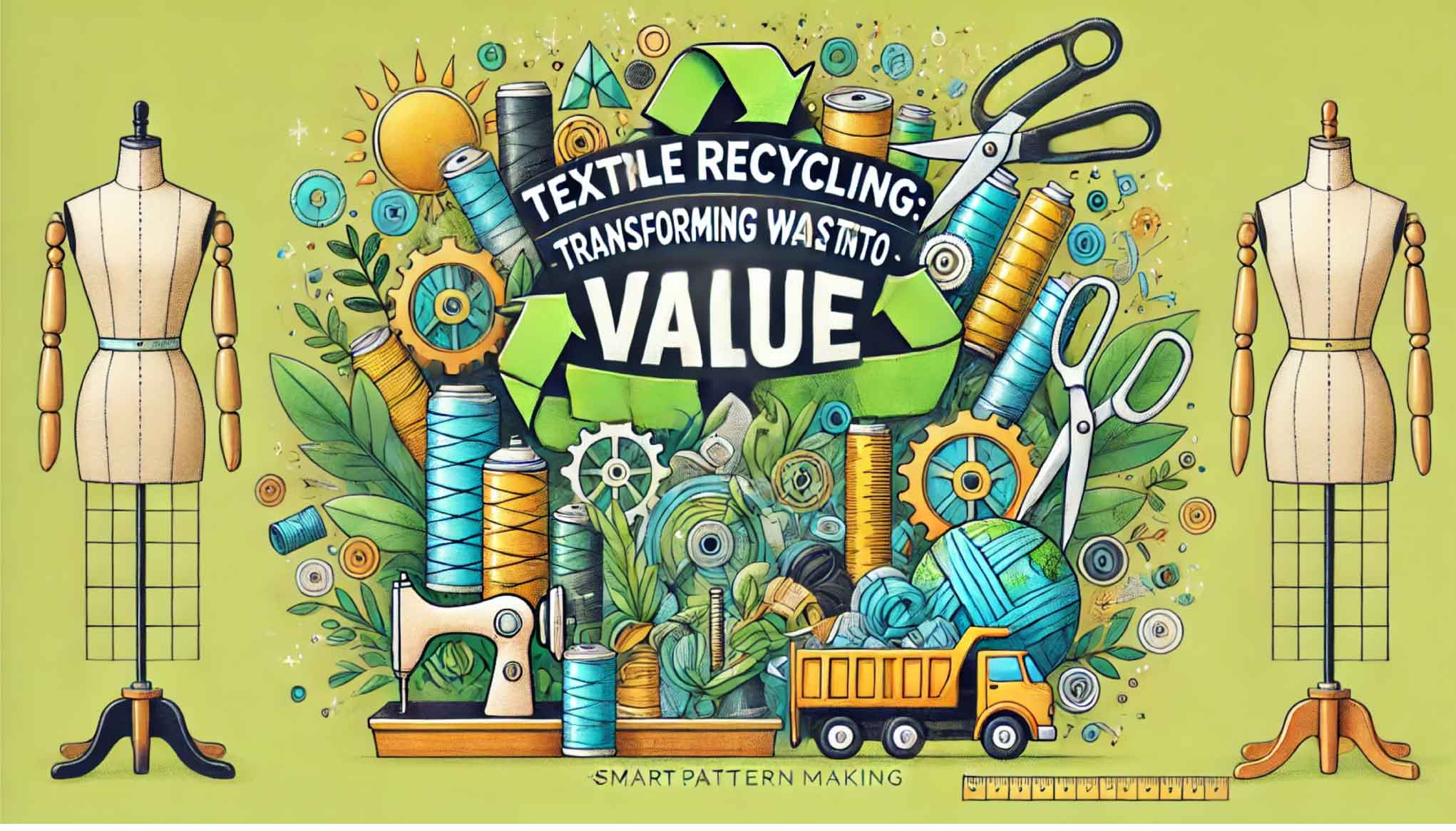The Indian textiles and clothing industry, primarily reliant on cotton, has found itself in dire financial straits due to a confluence of factors. Over the past year, this crucial sector has faced severe challenges, including plummeting global and domestic demands linked to the prolonged Ukraine-Russia conflict, economic slowdowns in key markets like the EU and USA, an 11% import duty on cotton, and the adverse effects of MMF Quality Control Orders.
Exports of textiles and clothing have suffered significantly, with a 19% decline between April 2022 and August 2023 compared to the previous financial year. Cotton textile exports have fallen by 24%, and cotton yarn exports have seen an alarming drop of 46%. This crisis has forced many spinning mills, particularly small and medium-sized enterprises (SMEs), to teeter on the brink of becoming non-performing assets (NPAs).
In a recent press release, Dr. S.K. Sundararaman, Chairman of The Southern India Mills’ Association (SIMA), highlighted the urgent need for government intervention. SIMA has appealed to Finance Minister Nirmala Sitharaman, seeking the conversion of short-term COVID relief loans into longer-term loans, which would alleviate financial burdens on textile units and prevent their slide into NPAs.
The situation is particularly dire in South India, especially Tamil Nadu, which accounts for 45% of production capacity. High raw material costs, increased power tariffs, and import duties have exacerbated the industry's woes. SIMA has also urged the government to exempt cotton from the 11% import duty during the off-season, which could benefit both cotton farmers and the textile industry.
Furthermore, SIMA has called for exemptions on import duties for American PIMA and Egyptian GIZA Extra Long Staple (ELS) cotton, as these varieties are crucial for value addition and maintaining market share.
The Indian textile industry, grappling with multiple challenges, seeks government support to navigate this turbulent period and ensure its long-term sustainability.











